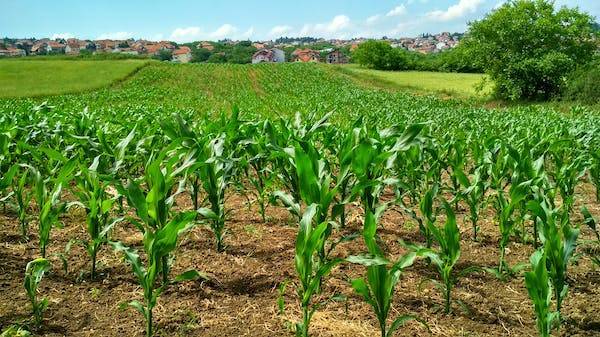Agriculture is the key feature of the planet. Almost 90% of the world runs on agriculture. Agricultural development is one of the most powerful tools to end extreme poverty and it aims to feed 9.7 billion people by 2050. Thus farmers tend to follow steps and procedures for the development of the sector. Below discussed are the differences between regenerative agriculture and organic agriculture.
Regenerative Agriculture Definition
Regenerative Agriculture means is a conservation approach to food and farming systems. It focuses on topsoil regeneration. Through regenerative agriculture producers actually work in improving what is there, leaving it better for the next generation. Regenerative agriculture is also faster to adopt 21st-century solutions
Here are a few benefits of regenerative agriculture:
- It gives a healthier and more productive soil that is drought- and flood-resilient
- It gives Cleaner air and water
Reducing tilling, rotating crops, spreading compost, and moving away from synthetic fertilizers and pesticides are a few regenerative agriculture practices
Organic farming requires a whole-system approach to ensure that products are grown in a way that best supports health. Organic agriculture provides an approach to the management of systems that promotes biological and mechanical methods. It is also a farming system that strives for sustainability.
Regenerative Agriculture is focused on producing outcomes specific to improvements to the health of the soil and the overall health of the climate, soil, water, and biodiversity on the land. Whereas organic farming does not regenerate the soil of the planet’s farms and improve farm outcomes.

